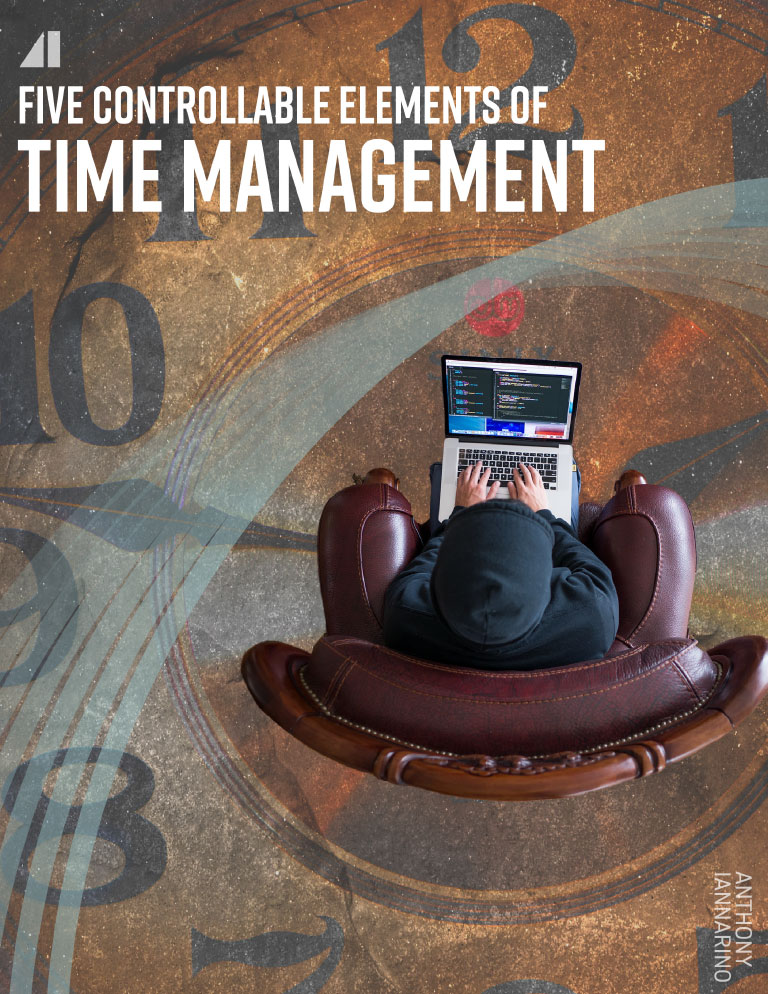The great value of the pessimist is that they remind us of what is at stake, what we value, the things that matter most. The pessimist believes everything they fear will eventually come true, even if there is no evidence to support their assertions, and even if there is evidence to the contrary. The future, as far as the pessimist is concerned, is a dystopian nightmare, a cross between a Mad Max movie and a JD Salinger novel. There is no potential better future available to them, even though that is all they have ever experienced during their lifetime.
A recent post by what I presume to be a famous pessimist suggests that this pandemic and the resulting recession (or Depression, which may not be inaccurate with thirty-three million people on unemployment) is the end of America. Without providing any substantial proof, or even reasonably anecdotal evidence, the pessimist ensures us that countries never recover from a crisis like this one.
Having read a lot of history, I don’t remember the Great Depression in the 1930s continuing a downward trend up until today. In fact, the economy recovered, even if it took years. After the World War that helped resolve the economic challenges, the United States and the economy continued its upward march, even if it occasionally retraced its path. We recovered from the 1991 recession, the DotCom Bubble in 2001, the Great Recession that started in earnest in 2008, even though warning lights were flashing in 2007. It took years to recover from the Great Recession, but we did recover. We will recover from this crisis, regardless of the doomsayer’s pessimism.
The Half-Life
The closest thing to this virus we have experienced to this point may be SARS. It is similar to CV but was far more lethal. SARS did not spread nearly as quickly or widely as this one. What makes this virus particularly wicked is that it infects many more people than the most recent comparisons. That said, like others viruses, it will go away–or we will make it go away.
Because the media is only concerned with feeding your fear and capitalizing on your sense of dread, it’s unlikely that you know that we did nothing about SARS, which disappeared in about two years. That seems to be the nature of these types of viruses. In this particular case, however, we have done many things. We have moved mountains to fight this virus, and we continue to do so.
We win because humans don’t give up very easy when it comes to protecting the things they love and hold dear, especially other humans. We win because we don’t allow our fears to get the better of us. Instead, we fight.
The Pessimist’s Bet
The pessimist isn’t betting against America or the global economy recovering. The pessimist is betting against the human spirit. The pessimist is betting against the soul of human beings. They are wagering against the part of us that’s made in God’s image, our imagination, our creativity, our limitless resourcefulness, and our boundless ingenuity.
The pessimist believes we will accept something less than what has come before, something that has never proven true through all of human history, even if it sometimes takes longer than we wish, and even when we mess up things up along the way.
The reason to ignore the pessimist is that they are only sharing with you their limits, the limits of their vision, the limits of their faith, and their complete and utter lack of hope. They only feed you their fears, and you should never let anyone feed you their fear. The pessimist is willing to give up without a fight. They submit to their fate without so much as a whimper. They are Henny Penny, running around the barnyard, screaming, “The sky is falling!” That said, they are helpful.
Forgiving the Pessimist
The value of the pessimist is to remind us of what’s at stake. Their dire warnings, even when false, challenge us to do better. Even though they offer no vision of a better future by describing one that is worse, they remind us of our duty and our responsibility to the future we are always building.
Forgive the miserable pessimist. When confronted, smile, nod your head, and thank them kindly for reminding us of all that we have at stake and acknowledging that their fears help drive our actions.It would be a mistake to trade some time in the past for the time that we are experiencing right now, as awful as it may seem to you today.
In the course of your lifetime, very generally and very specifically, things have only gotten better (with the notable exceptions of the Godfather III, the fourth Indiana Jones movie, and the unnecessary remakes of both Willy Wonka and Ghostbusters).
When Paul McCartney was writing the song, “Getting Better,” he wrote the line, “You have to believe it’s, it’s getting better all the time,” only to have John Lennon add, “It couldn’t get much worse.” Lennon’s pessimism made McCartney’s optimism even more potent.
Stay the course. This, too, shall pass. It’s getting better all the time.

Get the Free eBook!
Five Controllable Elements of Time Management
Time is out of your control. Nothing you do can slow it down, speed it up, or make it stop. You can, however, take advantage of it. By managing yourself and your calendar, you can start getting more out of your day and take bigger strides towards achieving your sales goals.
Download Now










